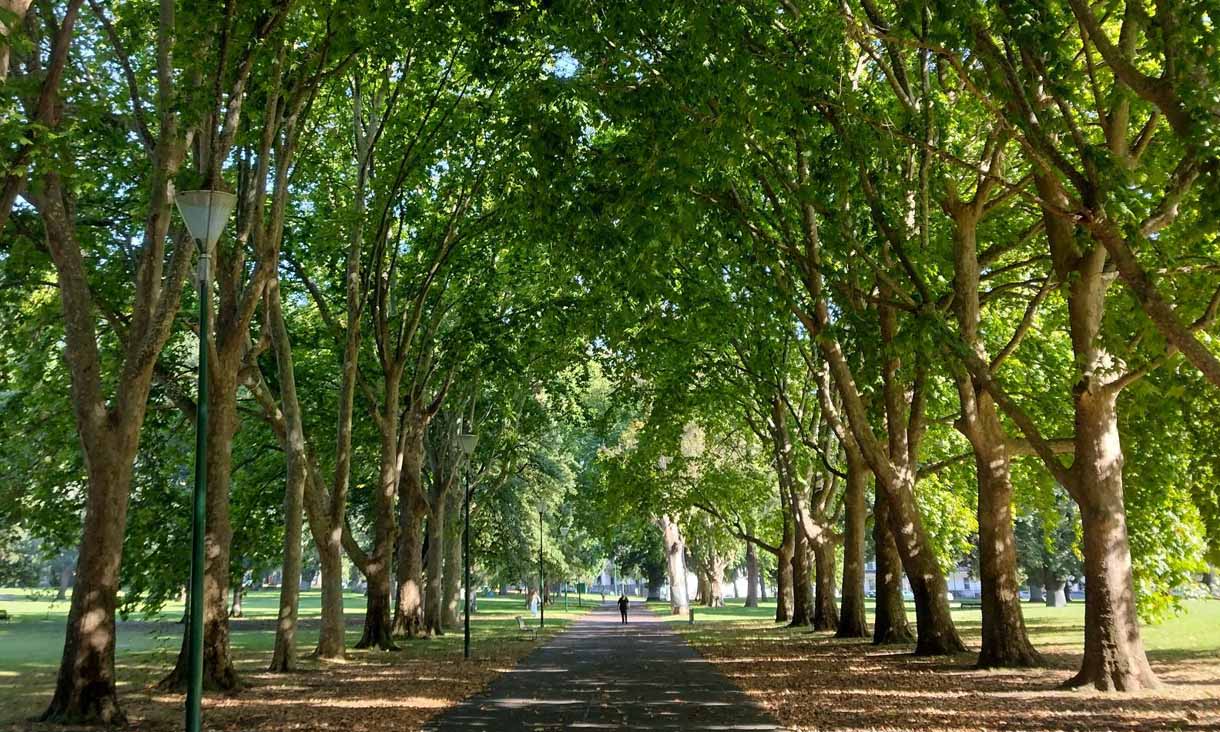March has traditionally been the jewel in Melbourne’s events calendar with the best weather of the year a welcome backdrop to international events like the Grand Prix and a range of other local festivals.
While the events cupboard is not bare despite the postponement of the Grand Prix, marketing expert Associate Professor Con Stavros, says generating enthusiasm and engagement with what remains presents unique difficulties.
“Bureaucrats need to think far beyond blunt sales promotion techniques such as vouchers,” he says.
“The State's ultra-cautious approach in managing the pandemic has made marketing Melbourne, normally an easy task, into one with significant challenges.
“While the pieces of what makes the state special remain, the marketing messaging, where it even exists, needs to be of wholehearted and authentic optimism, which is what fuels consumer confidence.
“As consumers look for clues as to what the future might hold, clarity and positivity are the secrets of marketing success.
“Whether now is the time for that or not can be debated, however if Melbourne lets March slide by it would be forsaking a significant opportunity to shift its narrative from caution to confidence.”
Changing our habits formed in lockdown
While a scheme like these vouchers may temporarily activate the city, economist Dr Meg Elkins says we need to change ingrained behaviours developed in lockdown to truly bring the city and suburbs back to life.
“Melbourne, our once vibrant cultural creative centre, has lost its sparkle – the people who activate a city,” she says.
“While the City of Melbourne has engaged in activations with high profile musicians and local buskers, the real power in activating a city and its suburbs comes back to the principle of social norms.
“Going out in the current circumstances is complex with social distancing and knowing when to wear a mask in public. We’re still working out how to engage and feel safe in the new normal.
“But the reason why people don’t go out isn’t all about the money, it’s about ingrained behaviours developed in lockdown.
“We have found new ways to fill this void of cultural engagement which have become habits, such as staying in for Netflix and engaging with the family.
“A voucher is an extrinsic motivator of behaviour, but whether people engage in the scheme depends on their intrinsic motivation to participate in culture and tourism.
“It will work if it is not a one-off form of engagement but part of a plan to return again and again to Melbourne’s activity centres.
“We have to form new habits to draw us back.”





